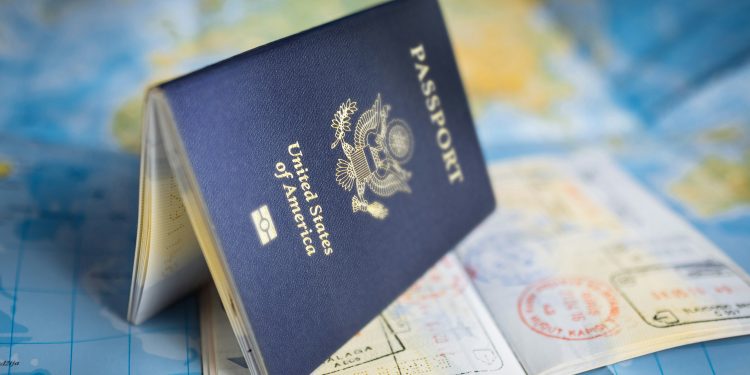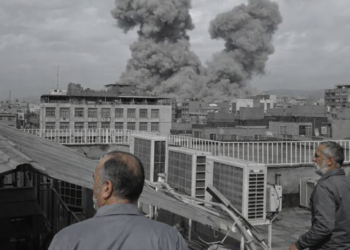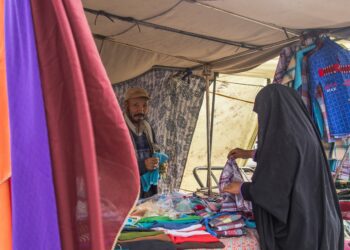The United States has initiated a comprehensive review of all 55 million active visa records in one of the largest immigration enforcement actions in American history, implementing a system of “continuous vetting” that will scrutinize holders for any violations of entry conditions or stay provisions.
A State Department spokesperson confirmed the sweeping initiative to Associated Press, indicating visas will be automatically revoked upon detection of overstays, criminal activity, public safety threats, or any connection to terrorist organizations or support activities.
Prospective students and visitors will face mandatory social media vetting under new protocols that specifically target expressions of “hostility toward the citizens, culture, government, institutions, or founding principles of the United States.”
State Department officers received instructions to identify individuals who “advocate for, aid, or support designated foreign terrorists and other threats to national security” or who “perpetrate unlawful antisemitic harassment or violence.”

Matthew Tragesser, spokesperson for US Citizenship and Immigration Services, explicitly linked visa eligibility to ideological compliance, stating “America’s benefits should not be given to those who despise the country and promote anti-American ideologies.”
The visa review coincides with other restrictive measures including Secretary of State Marco Rubio’s immediate pause on worker visas for truck drivers, citing safety concerns and protection of American livelihoods.
The administration simultaneously implemented financial barriers for certain nationalities, requiring citizens from Malawi and Zambia to pay a $15,000 deposit for tourist or business visas.
These actions build upon Trump’s earlier travel bans affecting nationals from 12 countries with complete restrictions and seven others with partial limitations, creating a multi-layered system of immigration control that combines ideological, occupational, and financial exclusion criteria.
Campus Enforcement: Student Visa Revocations for Protest Participation
The policy shift has already manifested on university campuses where several international students have been arrested and faced visa revocation for participating in protests against Israel’s conduct in the Gaza Strip.
These enforcement actions demonstrate how political expression increasingly factors into visa compliance determinations, particularly regarding issues where the US government has established firm foreign policy positions. The integration of protest participation into national security assessments marks a significant expansion of what constitutes “threats to public safety” under the continuous vetting paradigm.
The visa review operates alongside other fundamental immigration system changes, including May’s temporary revocation of legal status for over 500,000 US residents and Trump’s pledge to end birthright citizenship through executive action. This approach targets both prospective immigrants and those already legally residing in the United States, creating a system of perpetual status review that immigration advocates warn could create permanent uncertainty for visa holders regardless of their documentation status.
How Continuous Vetting Will Operate
The continuous vetting system will leverage automated monitoring of government and commercial databases to flag potential violations in near-real-time, moving beyond periodic reviews to constant status assessment.
This technological approach enables administration of 55 million visa records by algorithmically identifying behavioral patterns, social connections, and public expressions that trigger further investigation. The system represents the largest-scale application of predictive analytics in immigration enforcement history, though civil liberties groups have raised concerns about algorithmic bias and due process implications.
Why It Matters
The review transforms visa policy into an instrument of diplomatic leverage, with the $15,000 deposit requirement for Malawian and Zambian citizens establishing financial barriers that could extend to other developing nations.
This monetization of access combines with ideological screening to create a immigration system that selectively admits based on wealth and political alignment with current administration priorities. The approach marks a departure from traditional country-based restrictions to more personalized evaluation criteria that consider individual beliefs and financial capacity alongside national origin.

















